Toyota has confirmed that the next-generation Toyota Aygo will be designed, developed and built in Europe.
No date has been confirmed for the new model’s launch, which bucks the trend of firms pulling out of the city car segment due to falling profitability.
However, Toyota Europe boss Johan van Zyl said the Aygo will continue to be built in Kolín, the Czech Republic, after being designed and engineered in Brussels, Belgium - safeguarding jobs in the region.
The current-generation Aygo is a sibling of the Citroen C1 and Peugeot 108, but no successors are planned for the PSA pair. Toyota will take control of Kolín in 2021 by buying its partner out of the joint venture, but production of the existing trio is likely to continue for some time after.
The Japanese maker is hoping to capitalise on other manufacturers giving up on the city car segment with the new Toyota Aygo – and it could adopt SUV-inspired styling cues.
Speaking to Autocar at last year's reveal of the new Toyota Yaris, executive vice-president of Toyota Europe Matt Harrison said the current Aygo is a “profitable business equation for us” – a statement that cannot be applied to rivals from the Volkswagen Group and the PSA Group.
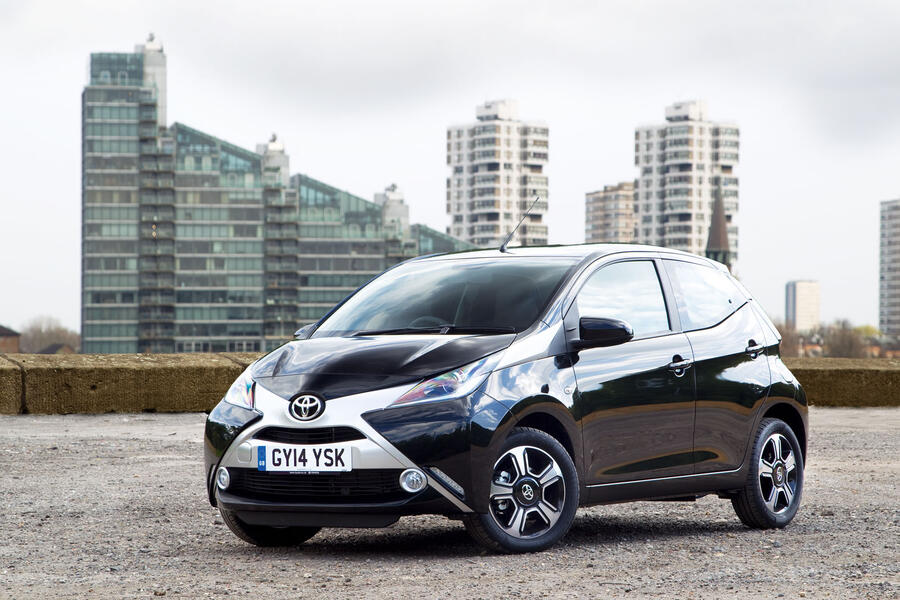
“We have an awful lot of equity in Aygo,” Harrison said. “We’re selling 100,000 a year. It’s got a personality all of its own so it gives to the brand rather than takes away. It’s the most relevant car for a young audience so it’s the access point of the brand…
“I understand other manufacturers have not been able to make a successful business out of [the] A-segment and, with increased technologies, they only see it getting worse. But we see it as an opportunity to go further, not pull back.”
Harrison’s comments are an anomaly among mainstream car manufacturers, whose own A-segment city cars have been put under increasing pressure by a number of factors – notably, extremely tight margins and the need to introduce electrification, in an unprofitable way, to ensure the models aren’t problematic in the upcoming fleet average CO2 regulations for 2021.
“Our hybrid mix will carry us through the 2021 commitments. Many manufacturers are rushing because they don’t have hybrids and are facing some pretty eye-watering penalties,” said Harrison.
However, he acknowledged that the “business equation isn’t quite there yet” for fully electric vehicles to enter the mainstream small car segment. “We can take a little bit more time to wait for the maturity of the tech and the business equation and see where consumer demand is shifting,” he said.
This suggests Toyota is developing the next-generation Aygo so it can be adapted quickly to use an electrified powertrain if a more pronounced market shift occurs. However, the next Aygo is still expected to be launched with a small, light and low-cost combustion engine first.
Harrison has also previously hinted that “less traditional bodystyles” could be brought in to the model to capitalise on the latest consumer trends. A crossover-style focus is likely, with a raised ride height and seating position becoming increasingly desirable in towns and cities. Don’t expect to see anything until at least 2021 or 2022, though, given the long lifespan of the last-generation Aygo.
An acknowledgement of the costs of electrification means that, despite Toyota planning to sell one million EVs globally by 2025, a small low-cost electric Toyota is some way off. “The small car segment is all about affordability,” said Harrison. “We don’t see that as being optimal for full electric. When you look at the price of a [Peugeot] 208 EV, it’s way outside the B-segment and that doesn’t fit our customers’ requirement of affordability.”
However, Harrison did confirm that there will be three electric Toyotas on sale in Europe by 2021 and “more than three” by 2025.

Despite the changing market, Harrison is upbeat about the future of more niche Toyotas, such as the Land Cruiser, Supra and GT86 – the last of which will receive a new generation in a joint development with Subaru and, Harrison confirmed, will be coming to Europe.
He said: “If we look at our total portfolio hybrid mix, it is very strong and that allows us to make CO2-heavy cars. [The Land Cruiser] is a key part of our line-up and heritage. It’s an icon of our range, so it’s something we can accommodate in our line-up.”
READ MORE
Toyota Corolla goes hybrid-only for 2020
Rally-bred Toyota GR Yaris hot hatch set for January reveal
Toyota to launch two-seat EV in 2020

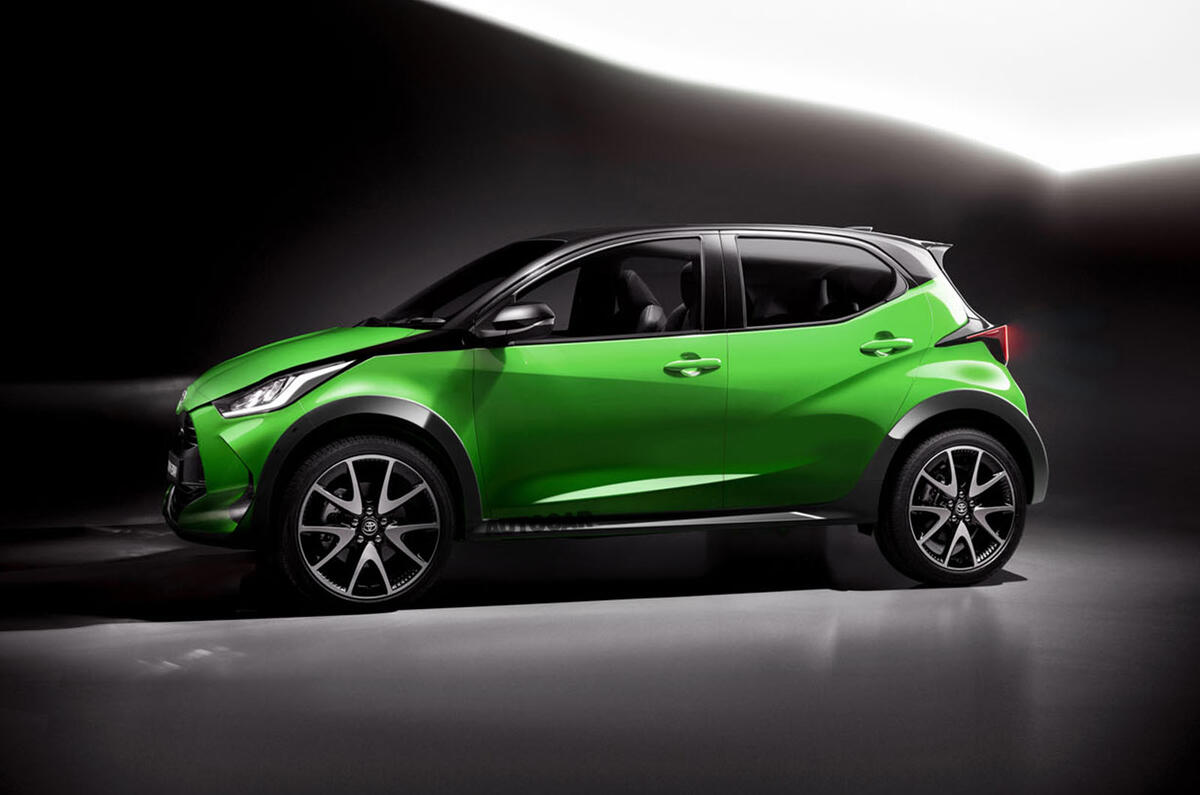
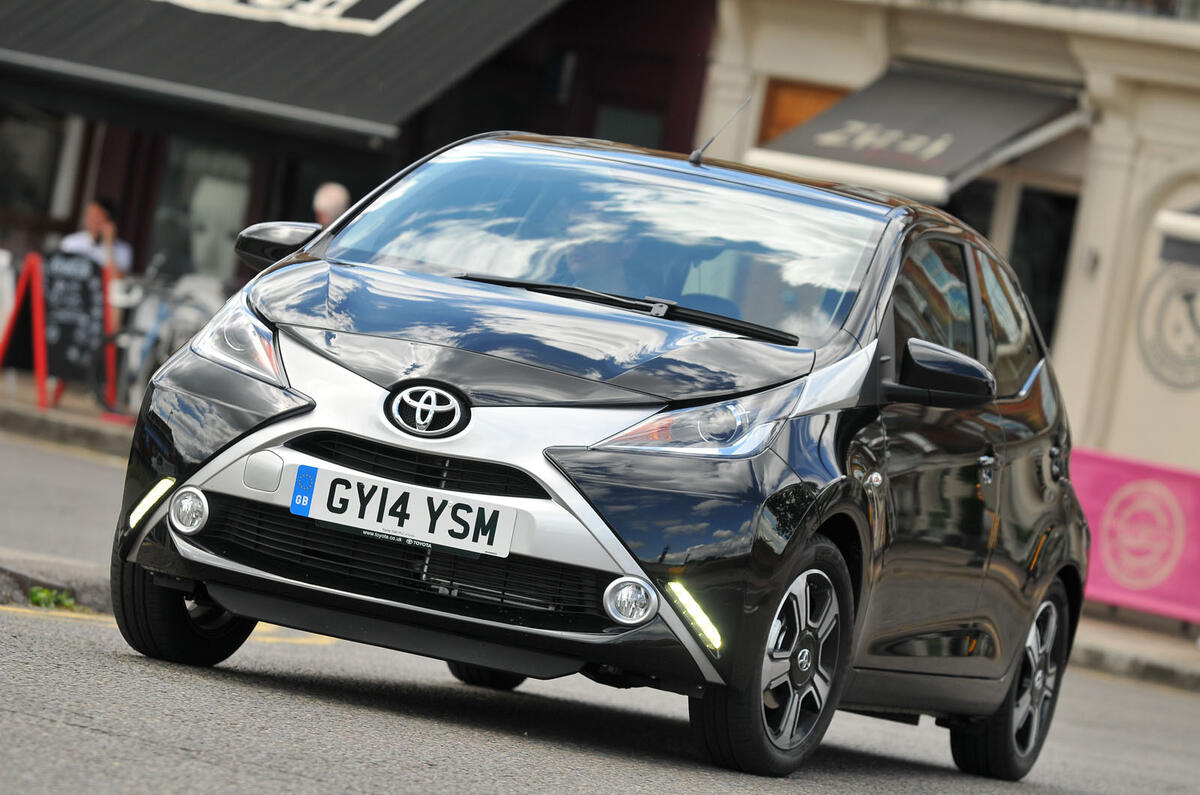
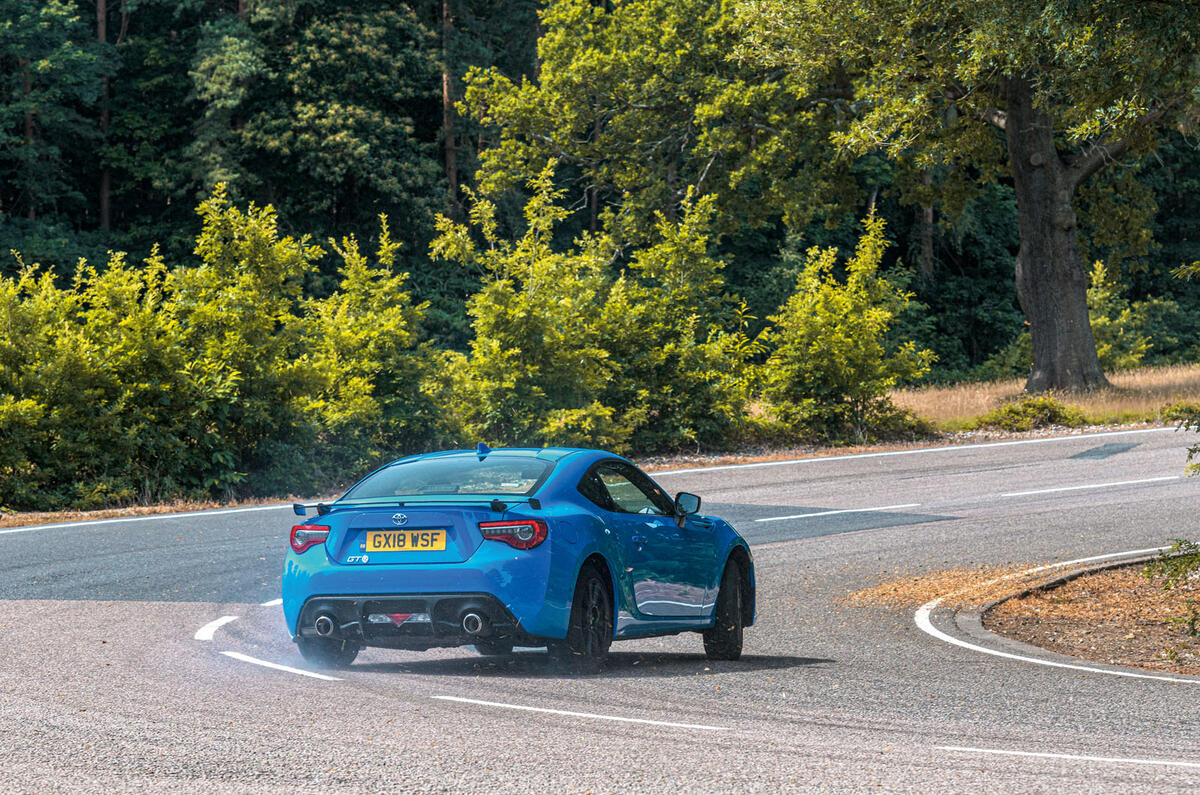
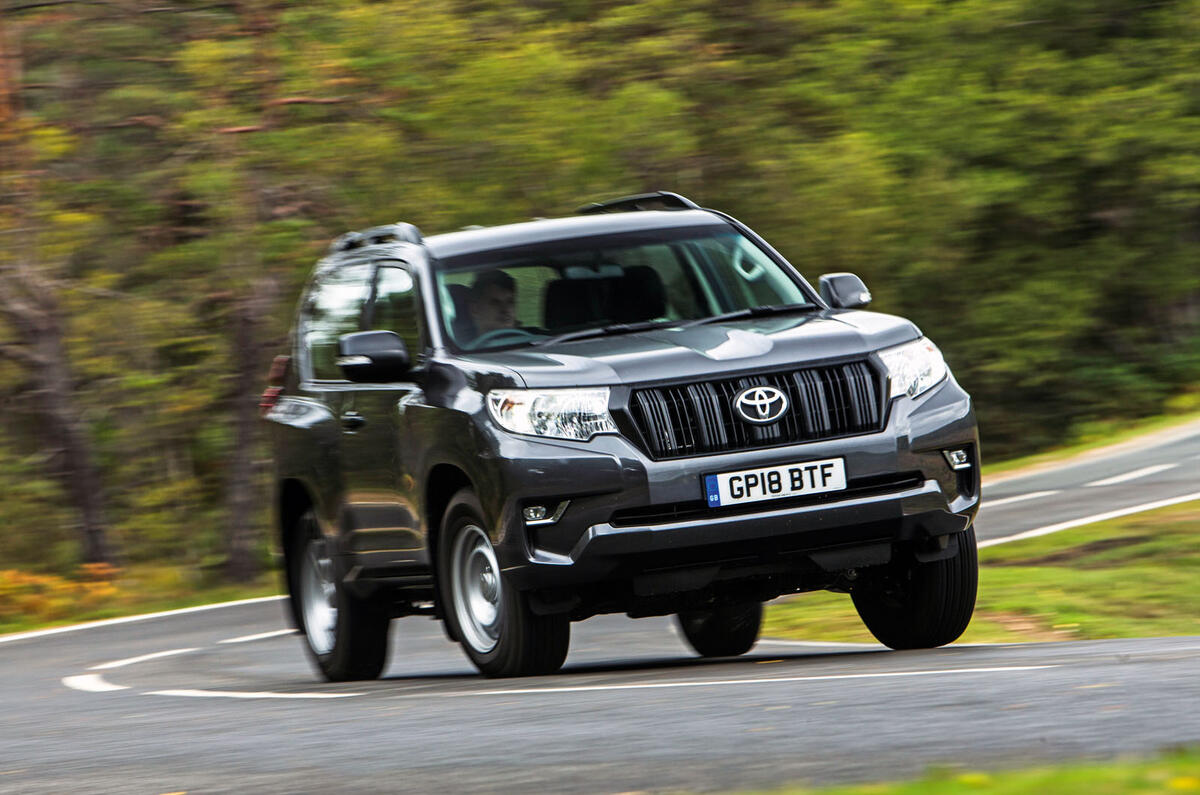
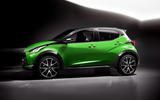
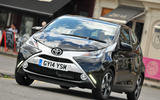

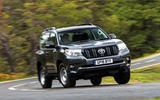


Join the debate
Add your comment
How are Toyota able to make
How are Toyota able to make money out of the Aygo when PSA can't make money out of what is largely the same car, built in the same factory?
Hyundai i10 turned out to be ridiculously expensive
Strange how some online reviews describe the i10's huge leap in pricing as 'good value for money'!!! It hasn't got significantly bigger than the old model, the engines are the same, the auto gearbox is worse and the interior is still built from cheap plastics so not sure how they end up at that conclusion unless Hyundai are paying them to say it or by comparing the i10 to bigger cars from the class above that have taken huge leaps in pricing too. Even some of the tech the car that is a selling point of the new i10 is only available as pay-extra £1000 pack option on the top spec model!
Hyundai has also stopped offering good value servicing deals too, whilst charging a fortune for servicing if paid for annually.
So alternatives like this Aygo should clean up as long as Toyota don't get greedy with the pricing and offer something more powerful than the current car's 1.0 engine. An EV version sounds very interesting too - hopefully with more range and will offer better value than the VW Up, Seat Mii and Skoda Citigo rivals as well as providing Toyota's reliability and good customer service (in my experience).
... makes one miss the